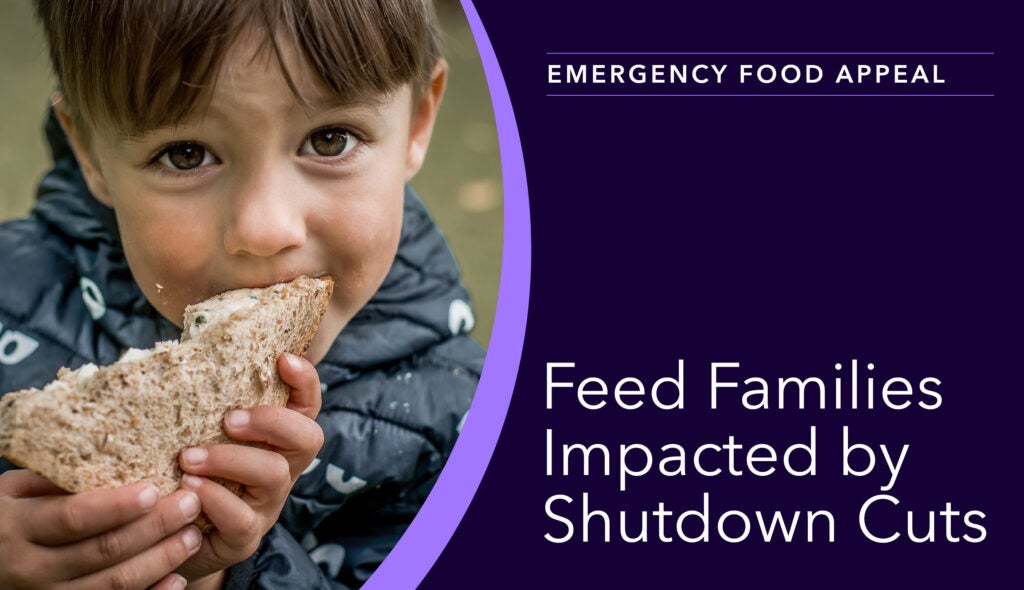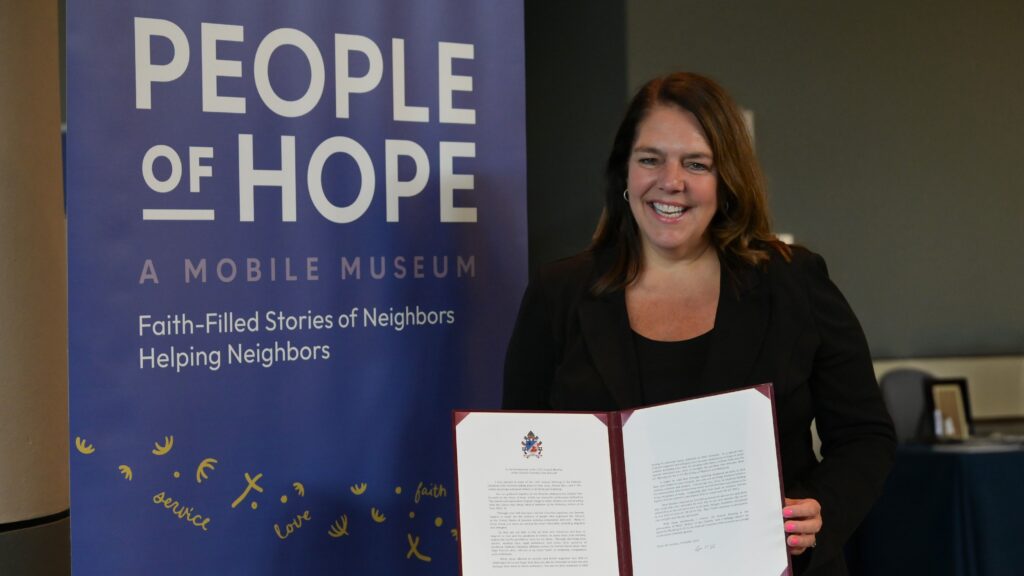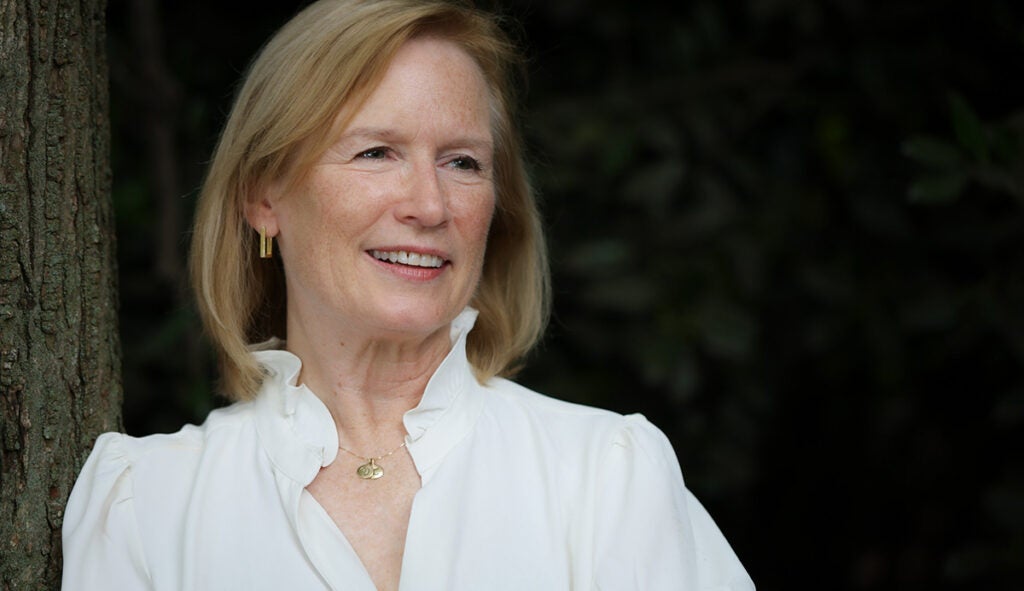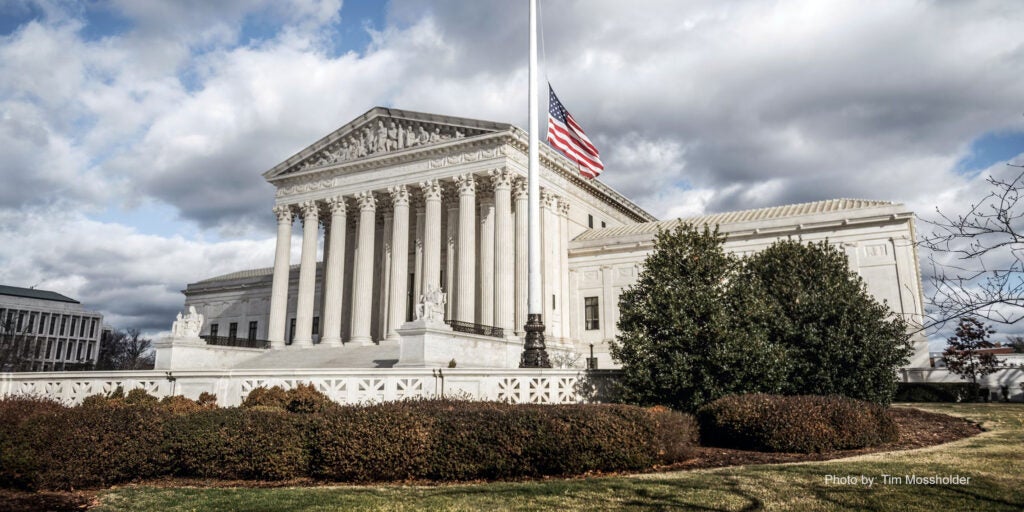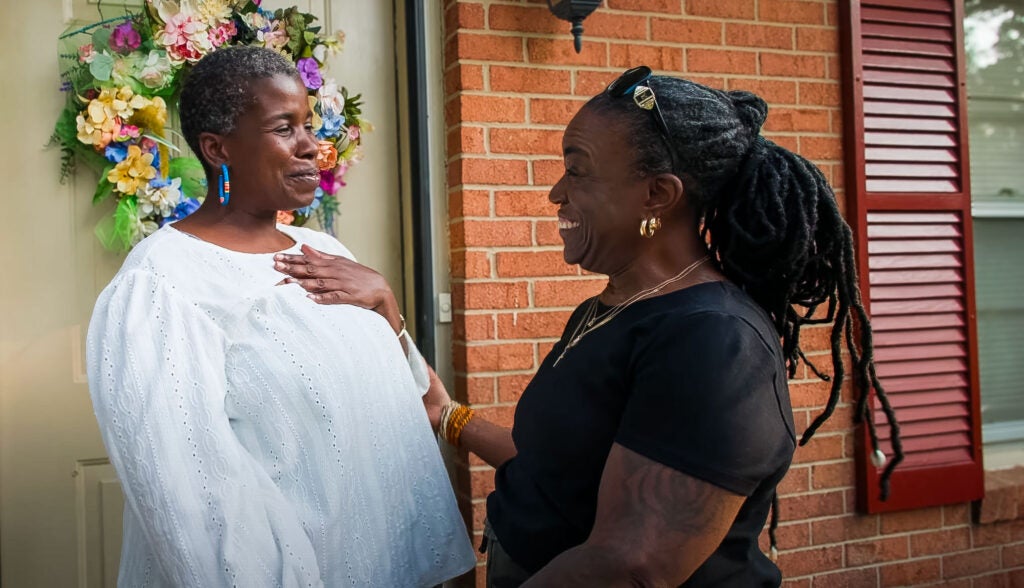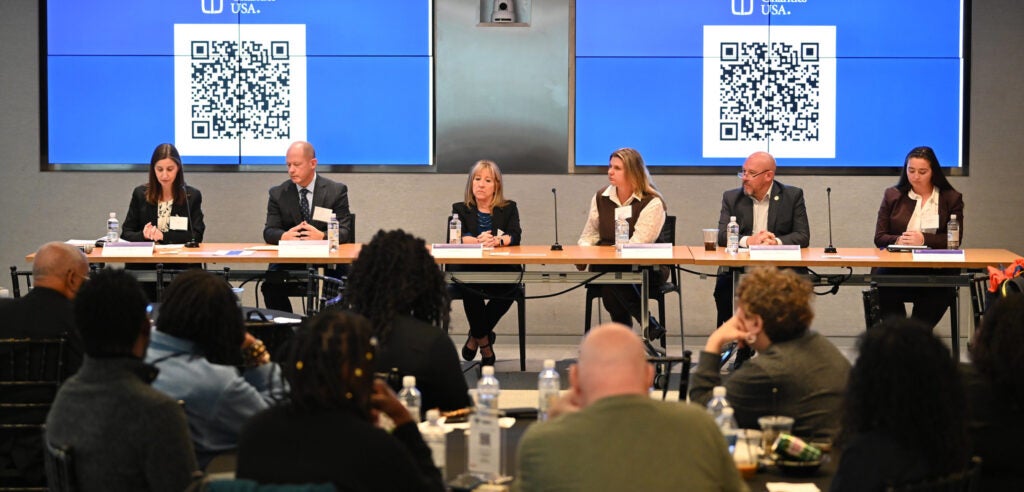
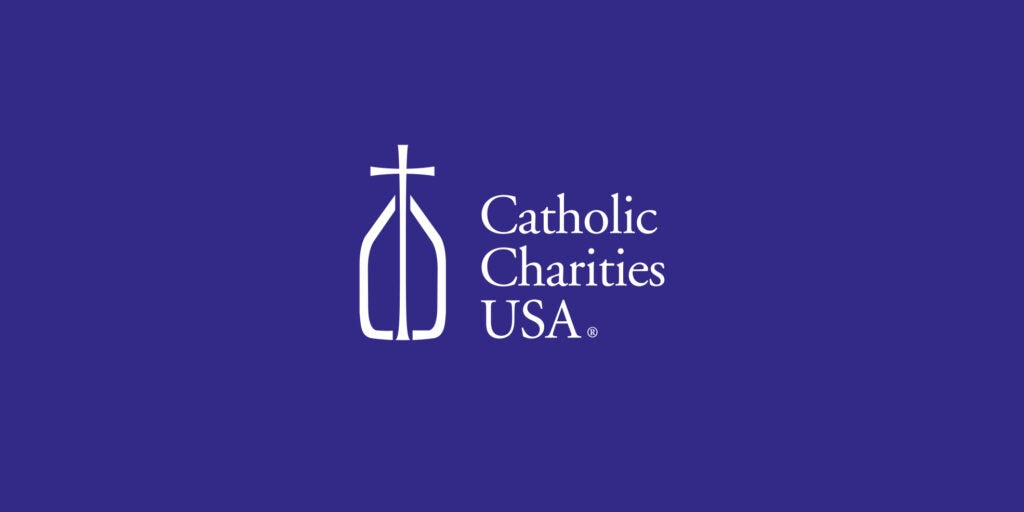
Sister Donna Markham OP, PhD, President & CEO of Catholic Charities USA (CCUSA), speaking on behalf of Catholic Charities member agencies and the many people struggling with poverty whom Catholic Charities serve, welcomed the agreement on the tax extenders package and year end omnibus appropriations bills.
“The fact that the tax extenders package passed with bi-partisan support is encouraging, but even more promising is the fact that our elected representatives recognize the need to help the poor and most vulnerable in our society by making the EITC and CTC permanent,” Sister Markham stated. “With the passing of the omnibus appropriations bill, families in need will receive additional support through the funding of important anti-poverty programs.”
CCUSA and its member agencies have long advocated for the permanent extension of the Earned Income Tax Credit (EITC) and the Child Tax Credit (CTC) as parts of an overall plan to reduce poverty in the United States. The EITC and CTC are two of the federal government’s most effective anti-poverty programs because they promote work and create opportunities for vulnerable workers and their families. Better employment opportunities and fair wages must be added to these two tax credits so that more people can make their journey out of poverty permanent too.
Catholic Charities agencies served nearly 9 million people last year, with 64 percent of clients having family incomes below the federal poverty line. Catholic Charities agencies across the country work with the Internal Revenue Service, local governments and community organizations to help low-income working families secure deserved tax credits. More than 58,000 families were provided EITC assistance last year.
With the passage of the tax extenders package, CCUSA welcomes a number of other charitable and anti-poverty tax deductions and credits that will be helpful to Catholic Charities clients. These include the permanent extension of the enhanced Hope Scholarship Credit, extension of tax-free distributions for charitable purposes from individual retirement plans, extension and modification of charitable deduction for contributions of food inventory, and the extension of temporary minimum low-income housing tax credit rates for non-Federally subsidized buildings.
